Cosmos Magazine is an award-winning literary science magazine, published in Australia but with a global reach. Cosmos Magazine presents the exciting world of science in a way that everyone can enjoy, with beautiful pictures and clear explanations of the latest developments. Discover the universe around you and what makes it tick.
A LETTER FROM THE LEAD SCIENTIST
Cosmos Magazine
FROM THE EDITOR
CONTRIBUTORS
Why grapes spark when you microwave them • When you make a grape flash, does it give a little whine?
The dawn of the zombie pigs • Researchers restore partial brain function in pig brains hours after death.
Cthulu lives! Or lived. Sort of • Palaeontologists reveal a multi-tentacled creature of the deep.
New fossil human relative found in the Philippines • Small and with archaic traits, Homo luzonensis lived on an island more than 50,000 years ago.
Cats know their names, even if they pretend not to • Japanese research finds the popular pets can recognise their names among a bunch of words.
Sitting down too long kills 50,000 Brits each year • Sedentary lifestyles carry increased risks for several serious diseases, modelling reveals.
The doughtnut around a black hole • Ingenious research finally reveals the true shape of the Milky Way.
Weight-lifting mice lose liver fat, improve blood glucose • Short-term strength training shows health gains even without weight loss.
Mariners’ tool certified as world’s oldest • A relic of Vasco da Gama’s journeys enters the record books.
CHARTING A COLLABORATIVE PATH TO CONFRONTING GLOBAL WARMING • Sixteen countries are working together on a model for meeting Paris Agreement targets. KAYA WILSON reports.
WE ARE STAR DUST. AND BIG BANG DUST. • KATIE MACK is a theoretical astrophysicist who focuses on finding new ways to learn about the early universe and fundamental physics.
MODERN SAT NAV AND ANCIENT GEODESY • ALAN FINKEL is an electrical engineer, neuroscientist and the Chief Scientist of Australia.
SUSPENDED ANIMATION, OR SUSPENDED DISBELIEF? • Inducing torpor and hibernation in humans could improve survival rates for heart attack and violence victims. It might also be the key to long distance space travel. PAUL BIEGLER reports.
A ‘REVOLUTION IN SCIENCE’ 100 YEARS LATER • IT IS NOW 100 years since Albert Einstein burst onto the global stage like a supernova. Strictly speaking, the anniversary of his spectacular public debut is this November, but the occasion that sparked it was an extraordinary British scientific expedition centred on the solar eclipse of 29 May 1919.
THE FUZZY WORLD OF QUANTUM BIOLOGY • Fundamental processes such as photosynthesis and DNA replication may be products of tunnelling and entanglement. Welcome to the next revolution in life science.
WHEN SKYLAB CAME CRASHING DOWN • Four decades ago, NASA’s pride and joy plummeted to Earth. No one was hurt, but that was down to luck, not judgement.
BIG SPIDERS EATING SMALL VERTEBRATES • Images collected by a team of biologists show that the Amazon rainforest is a very bad place for arachnophobes.
ARE SELF-REPLICATING EXTRATERRESTRIAL SPY PROBES EATING EACH OTHER? • Modelling suggests that von Neumann machines probably aren’t a thing.
THE BREAKING OF AMERICA’S FOSSIL MONUMENT • A vast and valuable fossil deposit is in danger of being lost to mining and private collectors. Museums and scientists are furious.
INSIDE OUT? EDIACARAN FOSSILS MIGHT REPRESENT INTERNAL STRUCTURES • They are truly ancient organisms, but do palaeontologists really know what they looked like? ELIZABETH FINKEL reports.
DARK MATTER DETECTION MAY INVOLVE A PINCH OF SALT • Physicists suggest a radically different approach to...
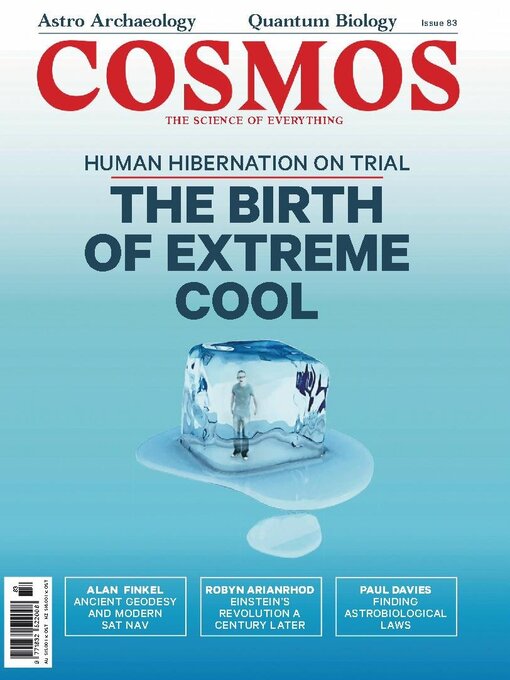
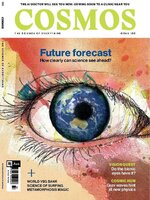 Issue 102
Issue 102
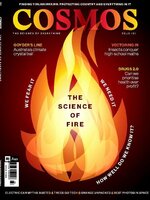 Issue 101
Issue 101
 Issue 100
Issue 100
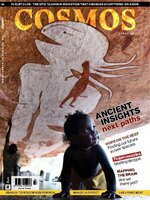 Issue 99
Issue 99
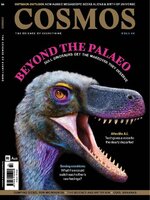 Issue 98
Issue 98
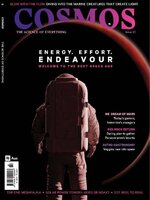 Issue 97
Issue 97
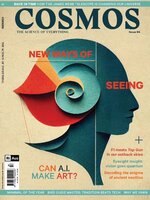 Issue 96
Issue 96
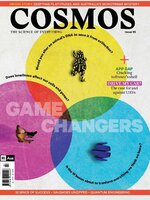 Issue 95
Issue 95
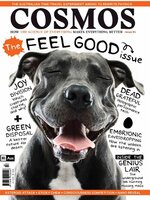 Issue 94
Issue 94
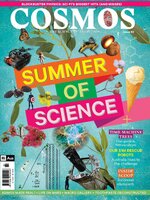 Issue 93
Issue 93
 Issue 92
Issue 92
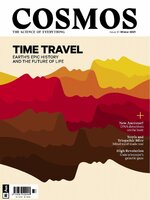 Issue 91
Issue 91
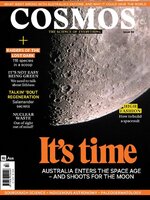 Issue 90
Issue 90
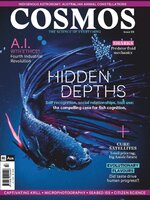 Issue 89
Issue 89
